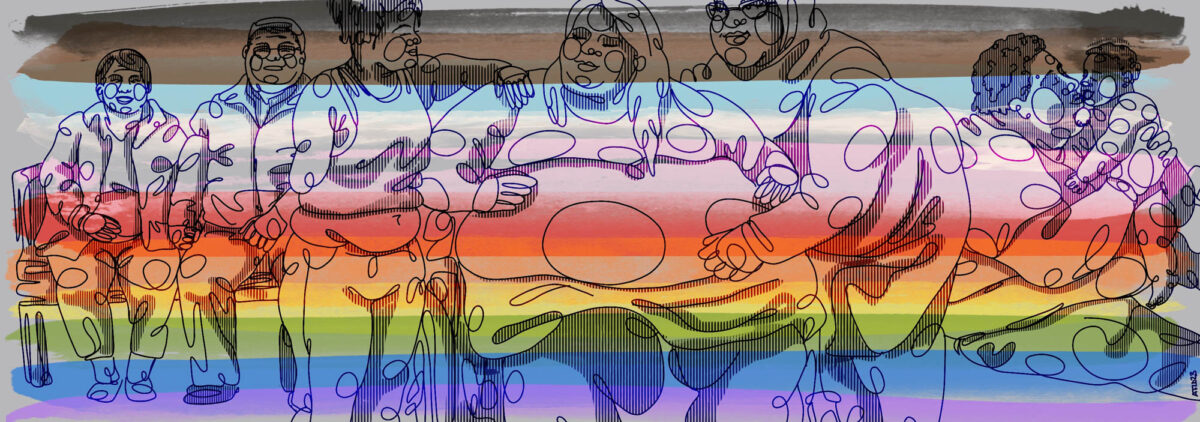Any attempt to understand or take up “care” in its lived, philosophical and political aspects is a slippery affair. If nothing else, feminist, disability and care scholars and activists converge around the vitality of care. Care is fundamental to being and becoming human together. It encompasses the intimate, fleshy and mundane exchanges between bodies engaged in everyday affects and acts—of giving and receiving, of living and growing, of teaching and learning—that are fraught with ethical complexity. Although “predominantly regarded as an inferior practice to education” (given its associations with “feminine” nature, affect and dependency) (Gibbons, 2007, p. 125), care is central to all human life, and as such, must be acknowledged as interconnected with and of equal importance to education (Hobgood, 2015; Wood, 2015). Like education, care is particular, highly contextual, and political. From our starting supposition that care is essential to life, and grounded in a feminist disability studies perspective, this special forum Cripping Care: Care Pedagogies and Practices engages care’s complexity in relation to multiple intersecting issues: (1) the rights of persons with disabilities and chronic illnesses to support; (2) dawning public knowledge about the violence of institutional care and custody regimes against young, aging, disabled and racialized persons (including in colonial institutions); (3) critiques from feminist, disability and Global South scholars of care’s oppressive tendencies; and (4) the implications of neoliberal care regimes for the world’s disabled and aging populations (see, for example, Aubrecht & Krawchenko, 2016; Williams, 2011). Indeed, these complexities of care have increasingly come to occupy a central place on scholarly and global policy agendas (Yeandle et al., 2017).
Douglas, P., Rice, C., & Kelly, C. (2017). Cripping care: Care pedagogies and practices. Review of Disability Studies: An International Journal, 13(4), 3–11. Retrieved from https://rdsjournal.org/index.php/journal/article/view/779





